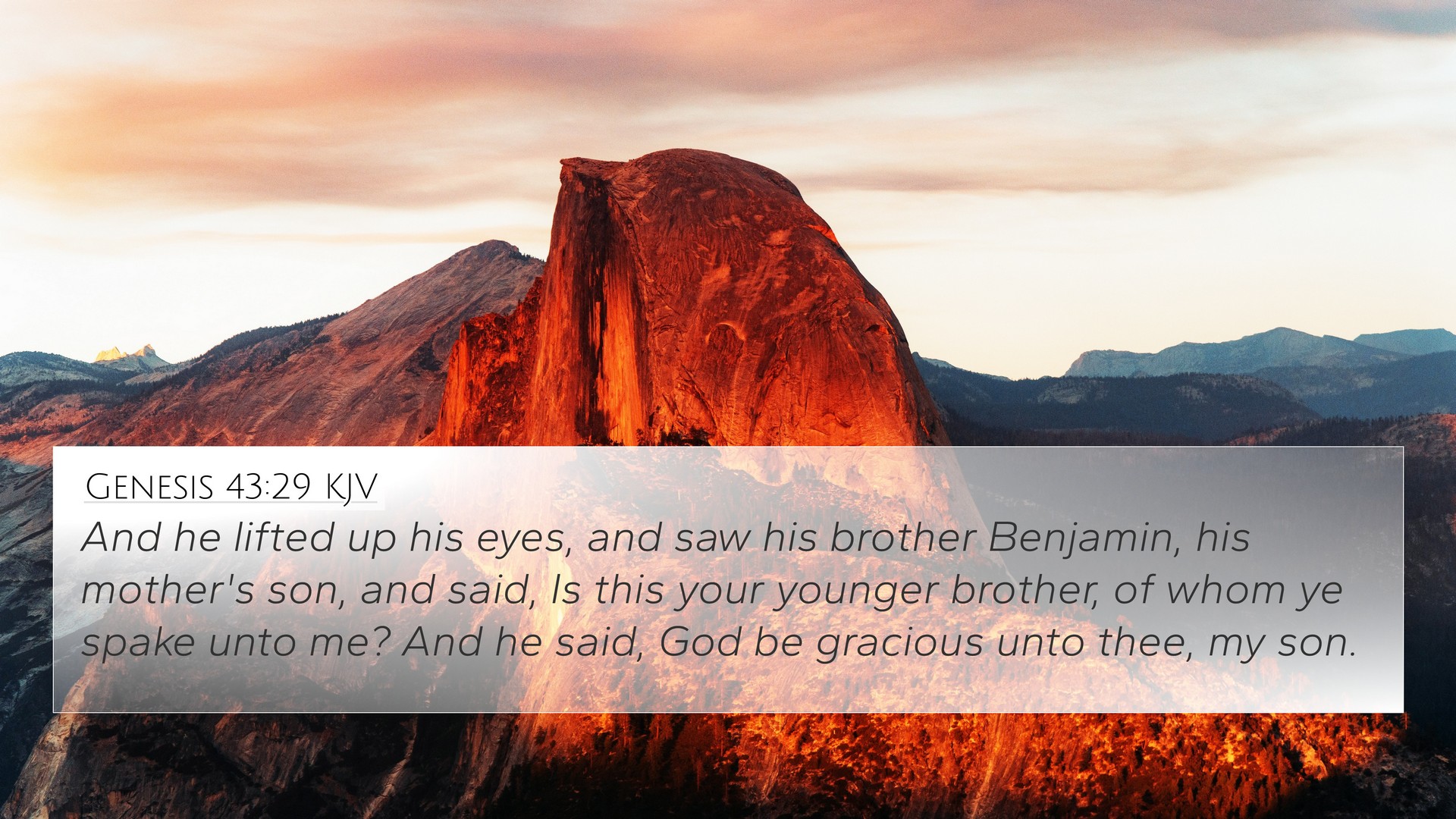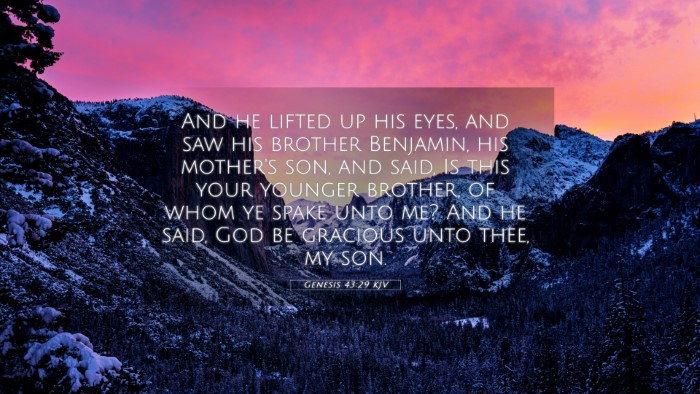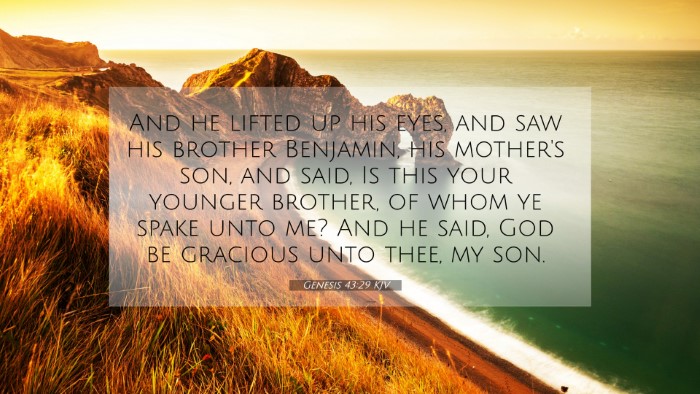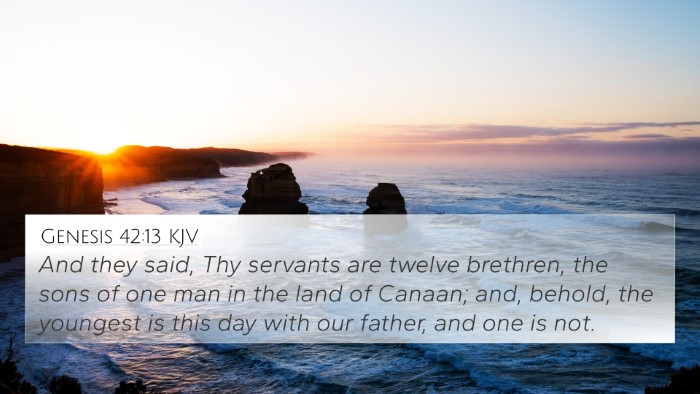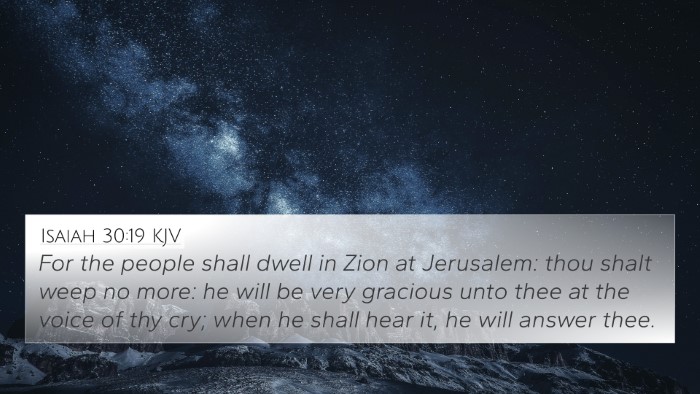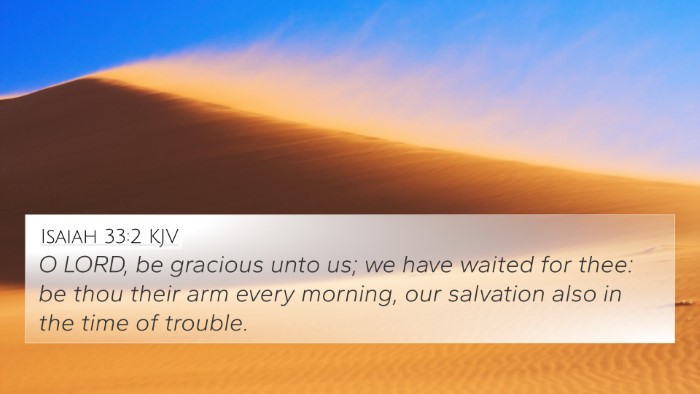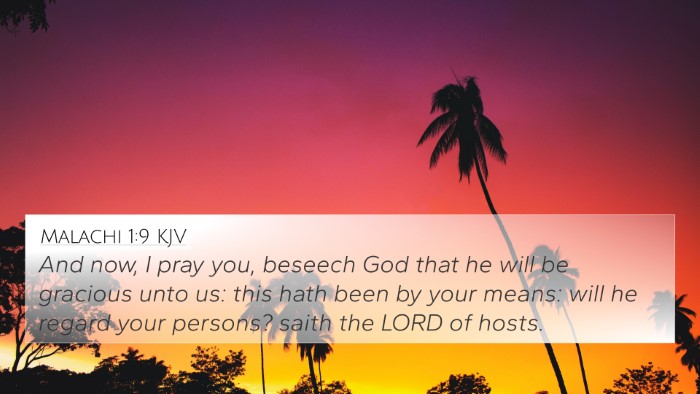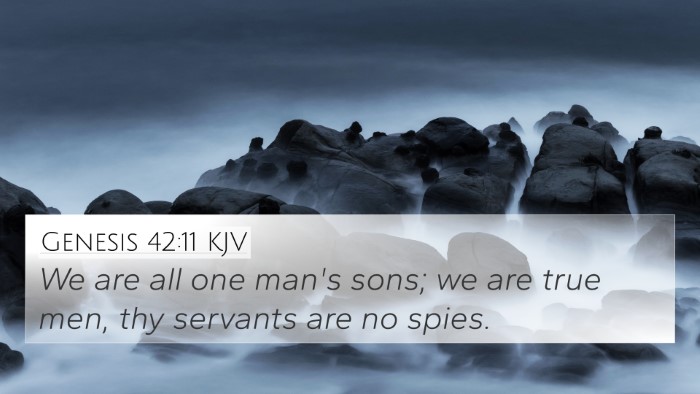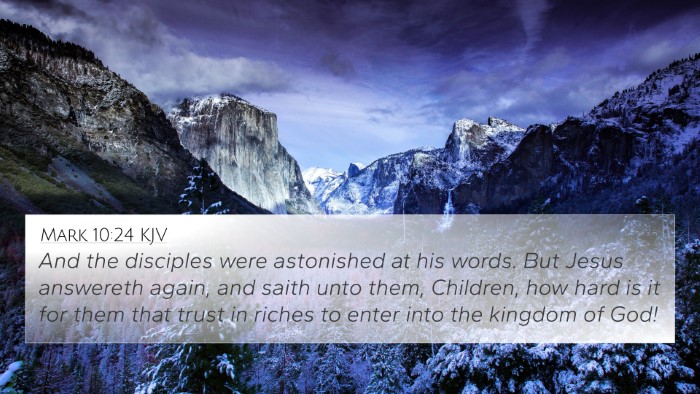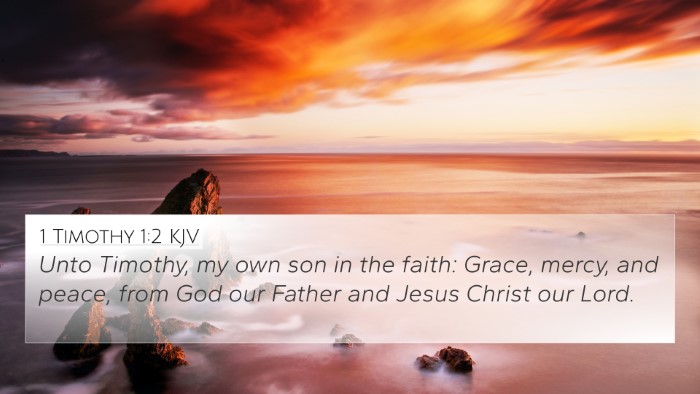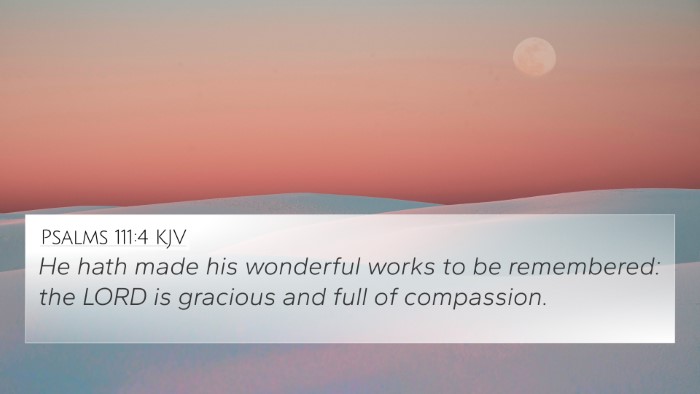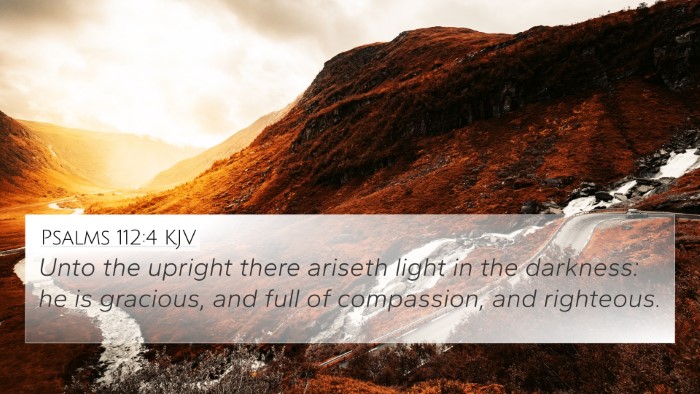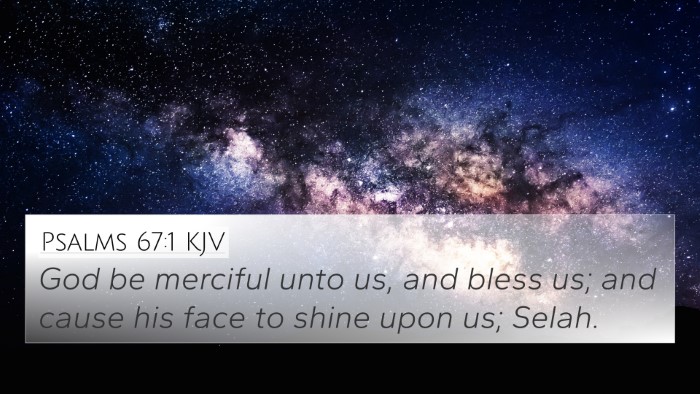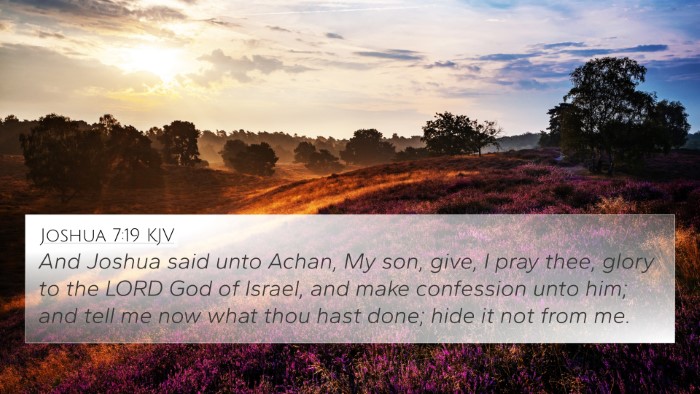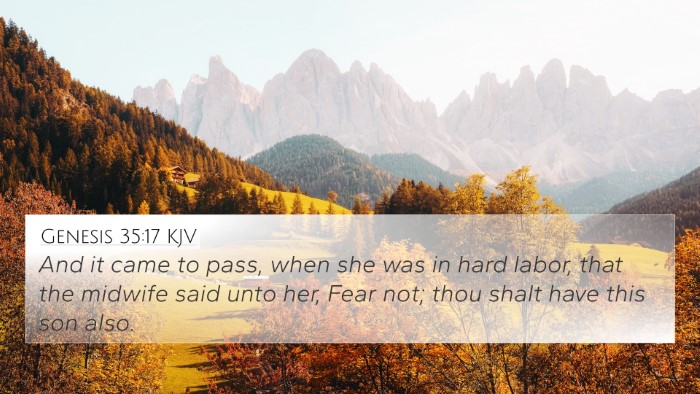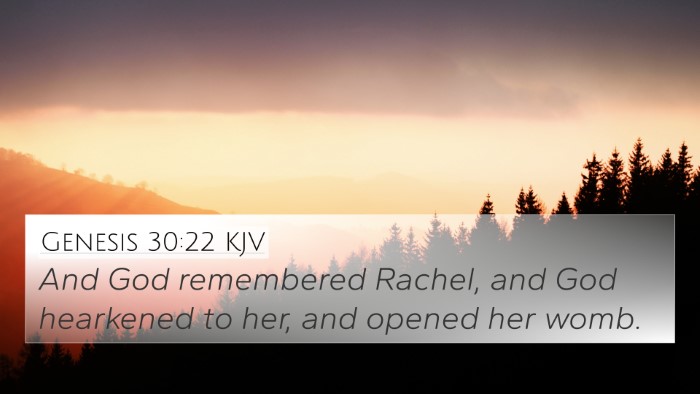Understanding Genesis 43:29
In the Book of Genesis, chapter 43, verse 29, we encounter a pivotal moment in the story of Joseph and his brothers. The verse reads:
"And he lifted up his eyes, and saw his brother Benjamin, his mother's son, and said, Is this your younger brother, of whom ye spake unto me? And he said, God be gracious unto thee, my son."
This verse is rich in emotion and significance, offering insights into themes of family, recognition, and divine grace.
Significance of Genesis 43:29
-
Emotional Reunion:
The lifting of Joseph's eyes reveals more than physical sight; it signifies the opening of his heart to his brother, Benjamin, whom he had longed to see after years of separation.
-
Identity and Recognition:
Joseph's inquiry about Benjamin not only denotes recognition but highlights the importance of blood ties and familial bonds, even in trials and tribulations.
-
Divine Grace:
Joseph's blessing, "God be gracious unto thee," reflects a theme present throughout the Scriptures, where grace is the unmerited favor of God that leads to reconciliation and forgiveness.
Commentary Insights
Notable commentaries illuminate this verse's meaning:
-
Matthew Henry:
Explores the emotional depth of Joseph's recognition of Benjamin, viewing it as an act of profound grace. Henry emphasizes that this moment reflects God's providence in bringing the family to a place of healing.
-
Adam Clarke:
Highlights the shock and joy of Joseph upon seeing his brother. Clarke notes the vital relationship they share, underscoring the idea of brotherly love and God’s protection over Benjamin during their years apart.
-
Albert Barnes:
Comments on the significance of the blessing given to Benjamin, symbolizing a divine favor that connects the brothers. Barnes points out that Joseph, while in a position of authority, chooses to express compassion instead of revenge.
Cross References
Genesis 43:29 is interconnected with various other scripture passages that enhance its meaning. Here are some of the key cross-referenced verses:
- Genesis 37:34-35: Jacob mourning for Joseph, which sets the stage for Joseph's recognition of his family later.
- Genesis 42:36: Jacob expressing his grief over the loss of both Joseph and Simeon, showing the depth of their family struggles.
- Genesis 45:12-14: Joseph revealing himself to his brothers, illustrating the ultimate reconciliation.
- Luke 15:20: The Prodigal Son’s return, which mirrors the theme of familial forgiveness and grace.
- Romans 8:17: The concept of being co-heirs with Christ reflects the familial bond seen in Genesis.
- Ephesians 1:6-7: The theme of redemption and grace resonates with Joseph's blessing, extending the idea of unmerited favor.
- Hebrews 2:11: The brotherhood of believers and Christ, drawing parallels to family ties illustrated in Genesis.
Thematic Connections
The themes present in Genesis 43:29 find echoes throughout both the Old and New Testaments. Understanding these connections can enhance our comprehension of scriptural narratives.
Connections Between Bible Verses
The emotional depth encapsulated here serves as a powerful reminder of the connections between family and God's grace. The art of cross-referencing Bible verses can lead to profound insights.
Linking Bible Scriptures
By linking passages, one can uncover the continuity of themes of forgiveness and grace. For example, using tools like a Bible concordance can help locate verses that resonate with Genesis 43:29.
Inter-Biblical Dialogue
Genesis 43:29 initiates a conversation between the Old and New Testaments regarding forgiveness, grace, and restoration, prompting the believer to explore the rich tapestry of biblical relationships.
Conclusion
Genesis 43:29 is a testament to the beauty of familial relationships and the incredible grace of God. As one studies this verse alongside related scriptures, a deeper understanding of God's intention for reconciliation and love within families emerges.
Exploring these verses through cross-referencing methods enhances comprehension and appreciation for the Scriptures as a whole. Whether through thematic analysis or direct comparisons, the connections reveal God's unchanging nature and His desire for relationship with mankind.
